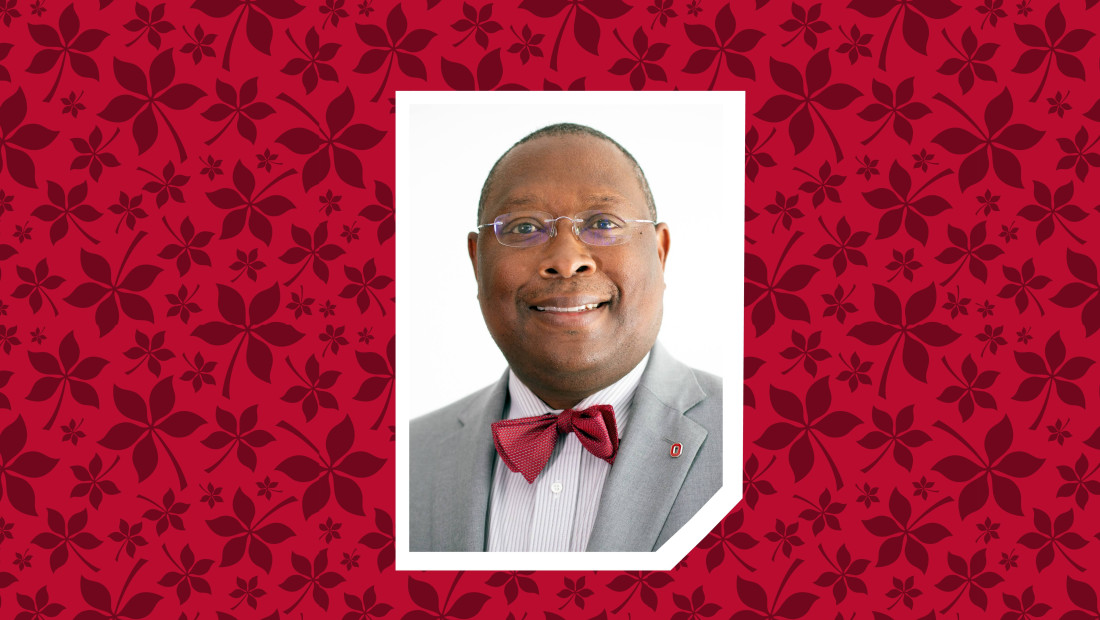
James L. Moore III
Eight scientists at The Ohio State University have been elected to the 2023 class of American Association for the Advancement of Science (AAAS) Fellows.
The AAAS Fellowship, recognizing scientifically or socially distinguished efforts to advance science or its applications, is one of the most prestigious honors a U.S. scientist can receive. Fellows are elected by their academic peers.
“Ohio State’s newly elected Fellows represent a breadth of expertise in subjects ranging from cardiac disorders and marine life to STEM education and exoplanets,” said Peter Mohler, executive vice president for research, innovation and knowledge. “I am pleased to see these creative thinkers receive well-deserved recognition for their research and service from the American Association for the Advancement of Science.”
The 2023 class includes 502 scientists, engineers and innovators spanning 24 scientific disciplines.
Ohio State’s newest Fellows are:
Cynthia Carnes, professor of pharmacy, College of Pharmacy, and senior associate vice president for research operations, Office of Research. For sustained and distinguished excellence in pharmaceutical research pertaining to the pathogenesis and treatment of patients with cardiac arrhythmias.
Meg Daly, professor of evolution, ecology and organismal biology and associate dean of undergraduate education, College of Arts and Sciences. For distinguished contributions to the field of Cnidarian systematics, evolution, phylogeography and behavior, in particular of sea anemones.
B. Scott Gaudi, professor of astronomy, College of Arts and Sciences. For pioneering work in the search for extra-solar planets and service to the astronomical community.
Kendra McSweeney, professor of geography, College of Arts and Sciences. For a distinguished scholarly record which is well-communicated to the public in advancing environmental social science and the study of human-environmental relationships.
James L. Moore III, College of Education and Human Ecology’s Distinguished Professor of Urban Education and counselor education, director of the university’s Bell National Resource Center. For distinguished contributions to the fields of urban education, broadening participation in STEM and STEM higher education. Moore is currently on loan from the university as assistant director of the Directorate for STEM Education at the National Science Foundation.
Natividad Ruiz, professor of microbiology, College of Arts and Sciences. For key contributions to the field of microbiology by identification of lipid transport systems used by enteric bacteria to build their outer membrane and peptidoglycan cell wall.
Matthew Sullivan, professor of microbiology and director of the Center of Microbiome Science, College of Arts and Sciences. For pioneering studies of viral economics to study viruses in complex communities via quantitative sample-to-sequence pipelines, and linking viruses to hosts, and studying viral impact in the marine environment.
Aylin Yener, professor of electrical and computer engineering, computer science and engineering, and integrated systems engineering, College of Engineering. For distinguished contributions to the fields of communications, information theory and signal processing, particularly for the development of wireless physical layer security and design principles of sustainable energy harvesting wireless networks.
The new Fellows will be celebrated at a forum in Washington, D.C., in September.
